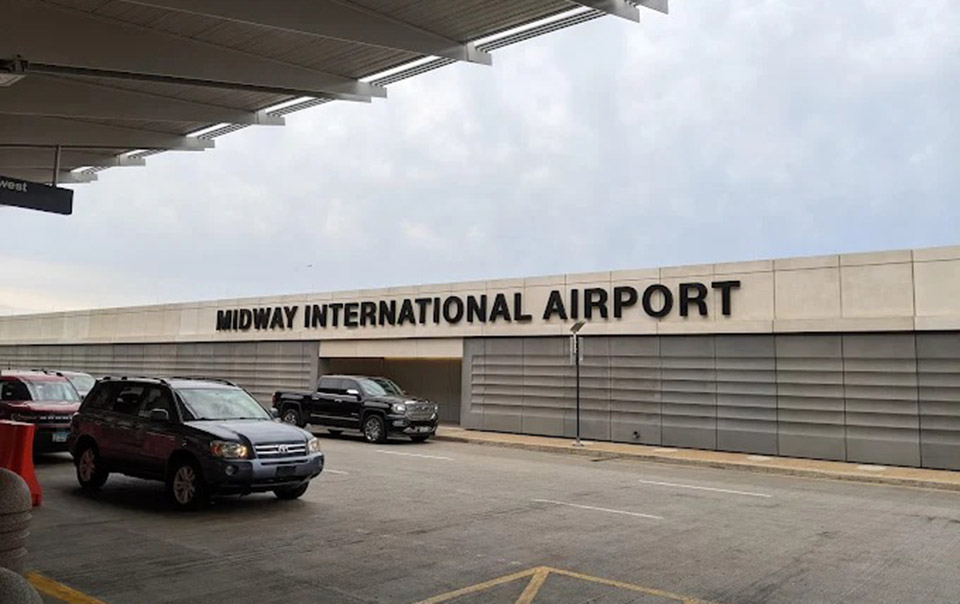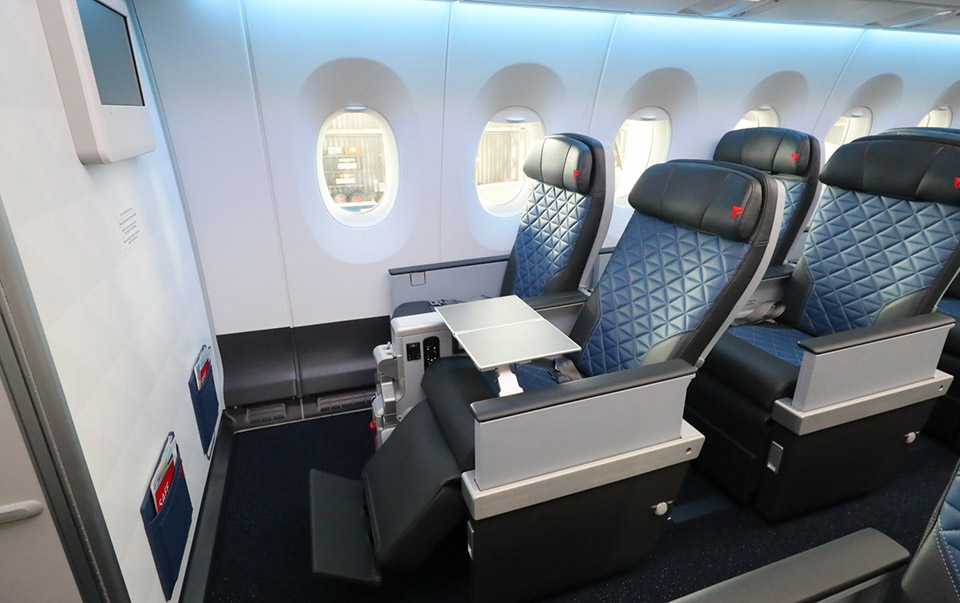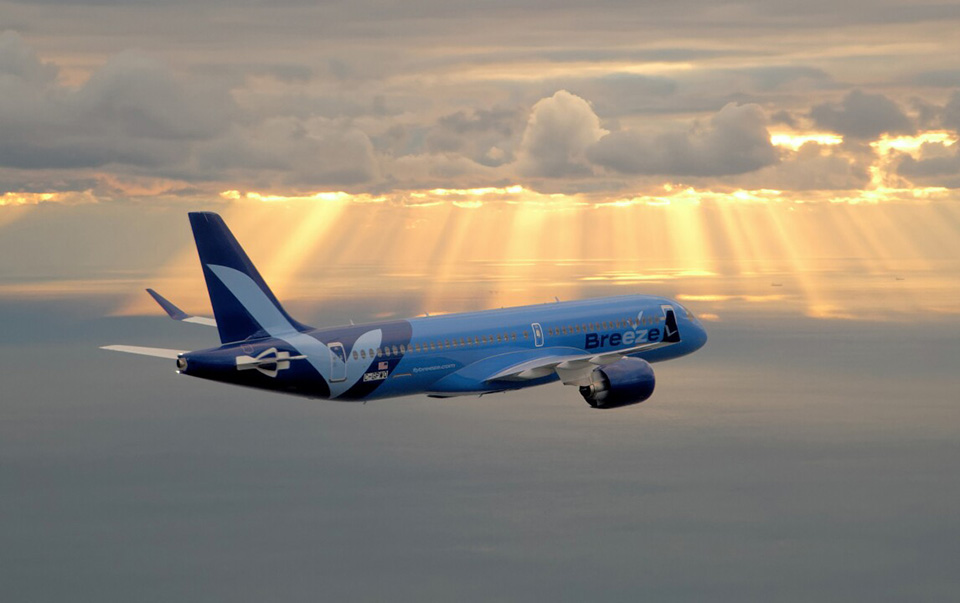Booking flights to and from Chicago can be an exciting yet sometimes overwhelming part of planning your trip. With two major airports—O’Hare International Airport (ORD) and Midway International Airport (MDW)—serving millions of passengers annually, Chicago is a major hub for both domestic and international travel. Given this bustling air traffic, securing the right ticket that offers both flexibility and value is key to a smooth travel experience.
This comprehensive guide will walk you through everything you need to know about flexible flight booking options for Chicago. From understanding different fare classes and refund policies to tips on how to spot the best deals without locking yourself into rigid travel plans, this article aims to make your ticket booking process hassle-free and stress-resistant.

Why Choose Flexible Tickets for Chicago Travel?
Travel plans can change for countless reasons—work emergencies, family matters, weather disruptions, or simply a desire to extend your stay. Flexible tickets provide travelers with the freedom to adjust their flights without incurring hefty penalties or losing the entire fare.
When flying to a major city like Chicago, where layovers, multiple connecting flights, and schedule shifts can frequently occur, flexibility becomes even more valuable. Choosing a flexible ticket means you can:
Change your departure or return dates with ease
Cancel your flight and get a partial or full refund
Modify your itinerary to accommodate last-minute plans
Enjoy peace of mind knowing that unforeseen circumstances won’t derail your travel budget
Understanding Different Fare Classes and Their Flexibility
Airlines typically offer a variety of fare classes, each with its own level of flexibility. Here’s a breakdown of common fare types and what you can expect in terms of change or cancellation policies:
1. Basic Economy
Basic Economy fares are the cheapest but come with the most restrictions. Usually, they do not allow changes or cancellations without a significant fee, and refunds are rarely granted. This fare is best suited for travelers with fixed plans who want to save money and are confident their itinerary won’t change.
2. Economy / Main Cabin
Standard Economy fares offer more flexibility than Basic Economy. Many airlines now allow one free change or cancellation within 24 hours of booking. Beyond that, changes may incur a fee, but some airlines waive these fees, especially post-pandemic. It’s a balanced option for most travelers looking for a good price with some level of security.
3. Premium Economy
Premium Economy tickets cost more but generally include more flexible change and cancellation policies. They often come with added perks such as extra legroom and priority boarding, making them appealing for longer flights to Chicago or connecting journeys.
4. Business and First Class
These premium fare classes almost always allow maximum flexibility. Changes can usually be made without fees, and cancellations often yield full refunds or credits. If flexibility is your top priority, these classes are ideal, though they come at a higher cost.
Airlines Serving Chicago and Their Flexibility Policies
Chicago’s airports are served by major U.S. carriers as well as international airlines. Knowing the policies of airlines you are likely to fly with helps in choosing the most flexible option:
United Airlines (ORD Hub): Offers flexible booking options with waivers on change fees for many domestic and international flights.
American Airlines: Has relaxed change policies and often includes flexibility for economy tickets purchased during promotional periods.
Delta Air Lines: Provides fee waivers for changes and cancellations on most flights; premium cabins have the most lenient rules.
Southwest Airlines (MDW Focus): Famous for no change fees and free cancellations with a full refund credited toward future travel—a favorite for flexible flyers.
Spirit Airlines: Typically charges fees for changes and cancellations, though some newer ticket types offer limited flexibility.
Booking Strategies to Maximize Flexibility
1. Use Flexible Date Search Tools
Most booking platforms allow you to search flights within a range of dates. Using these tools helps you identify tickets with better flexibility options or lower change fees around your intended travel period.
2. Book Directly with Airlines When Possible
Booking through an airline’s direct channels often provides better flexibility options than third-party platforms. Airlines may offer free changes or cancellations that don’t apply if you book through travel agencies or aggregator sites.
3. Consider Travel Insurance or Airline-Provided Protection
Some airlines and third-party insurers offer “cancel for any reason” policies or flight change protection. While this adds to your cost, it provides added peace of mind for uncertain travel plans.
4. Keep an Eye on Fare Classes
Sometimes, upgrading from a Basic Economy fare to Economy or Premium Economy by paying a little extra can save you hundreds in change fees if your plans shift.

5. Take Advantage of 24-Hour Risk-Free Cancellation Windows
Many U.S. airlines allow free cancellations or changes within 24 hours of booking. Use this window to book early and then adjust your itinerary if needed.
Tips for Managing Your Booking After Purchase
Flexible tickets are only valuable if you use their benefits wisely. Here’s how to manage your booking effectively:
Monitor Flight Schedules: Airlines sometimes adjust schedules or cancel flights. Staying informed allows you to make changes promptly and avoid disruption.
Act Quickly: If you need to change or cancel, do so as soon as possible. The earlier you act, the more options you’ll have and the lower the penalties.
Keep Records: Save confirmation emails, change requests, and receipts. This documentation helps if you need to dispute charges or request refunds later.
Use Airline Apps: Many airlines offer apps that facilitate easy booking management and real-time notifications on your flights.
Chicago-Specific Flight Considerations
When flying to or from Chicago, consider these local factors that might affect your booking decisions:
Weather Delays: Chicago’s weather can be unpredictable. Flexible tickets can be a lifesaver if storms or winter conditions disrupt your schedule.
Multiple Airports: You can fly into either O’Hare or Midway, each with different airlines and route options. Sometimes booking tickets arriving into or departing from the alternate airport can save money and add flexibility.
Connecting Flights: Chicago is a major hub. If your trip involves connections, flexible tickets allow you to rebook missed connections without losing your entire fare.
Seasonal Demand: Prices and availability fluctuate with local events, conventions, and holidays. Booking with flexibility means you can adjust travel dates if you find better deals or face unexpected changes.
The Value of Flexibility in Chicago Flight Booking
When planning your trip to or from Chicago, one of the most important decisions you’ll make is selecting the right flight ticket. The balance between cost and flexibility can often be tricky to navigate, but it is essential for ensuring a smooth and stress-free travel experience. While the allure of cheap tickets—often offered through Basic Economy fares—can be strong, these low-cost options come with many restrictions that can cost you more in the long run if your plans change.
Chicago is one of the busiest travel hubs in the United States, with two major airports—O’Hare International Airport and Midway International Airport—serving millions of passengers each year. This high volume means schedules can change, delays are not uncommon, and unexpected events might force you to alter your itinerary. In such an environment, having the flexibility to adjust your flight without incurring heavy penalties or losing your entire fare is invaluable.
Flexible tickets provide peace of mind. They allow you to change your departure or return dates with minimal or no fees, cancel flights and receive partial or full refunds, and make last-minute adjustments when your plans inevitably shift. This flexibility is not just about convenience—it can also be a financial safeguard. Instead of risking forfeiting hundreds of dollars on a non-refundable ticket, investing a bit more upfront for flexibility can save you from larger losses down the line.
Moreover, the rise of more generous airline policies, particularly after recent global disruptions to travel, means that flexible options are becoming more accessible even in economy classes. Many airlines now waive change fees or allow free cancellations within a certain period. Understanding these policies and fare structures helps you choose the best ticket for your needs.
It’s also important to consider your personal travel style and circumstances. Are you traveling for business, where meetings might be rescheduled? Or are you taking a family vacation with multiple moving parts? Do you prefer to plan every detail well in advance, or do you like the freedom to be spontaneous? Knowing your own priorities can guide you in selecting a ticket that aligns with your travel flexibility needs.
Smart booking strategies further enhance the value of flexible tickets. Booking directly through the airline’s website often grants you access to better change policies than third-party sites. Utilizing the 24-hour risk-free cancellation window many airlines offer allows you to secure the best fares early and still adjust if needed. Additionally, using fare comparison tools with flexible date search options helps you find tickets that balance cost and flexibility.
In Chicago, weather considerations also underscore the importance of flexibility. The city’s climate can be unpredictable, with occasional snowstorms or other weather events that disrupt flights. Having a flexible ticket means you can reschedule without the added stress and cost of penalties. Likewise, if you plan to connect through Chicago on a longer journey, flexible tickets help ensure that you won’t lose your entire fare if a delay causes you to miss a connecting flight.
In conclusion, while it can be tempting to save every dollar by booking the cheapest, most restrictive fare, the advantages of flexible flight tickets often outweigh the initial savings. With the ability to adapt your travel plans easily and avoid costly fees, flexible tickets offer a level of security and convenience that enhances your overall travel experience.
When you consider the complexity of flying in and out of a major hub like Chicago, the peace of mind that comes with a flexible ticket is worth its weight in gold. By understanding fare classes, airline policies, and employing smart booking techniques, you’ll be well-prepared to navigate the skies with confidence. Ultimately, choosing flexibility ensures that your Chicago trip starts and ends on your terms—giving you the freedom to focus on enjoying your journey rather than worrying about logistics.
Safe travels and happy flying!



